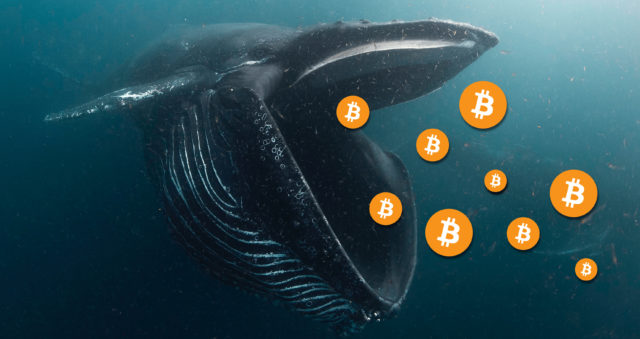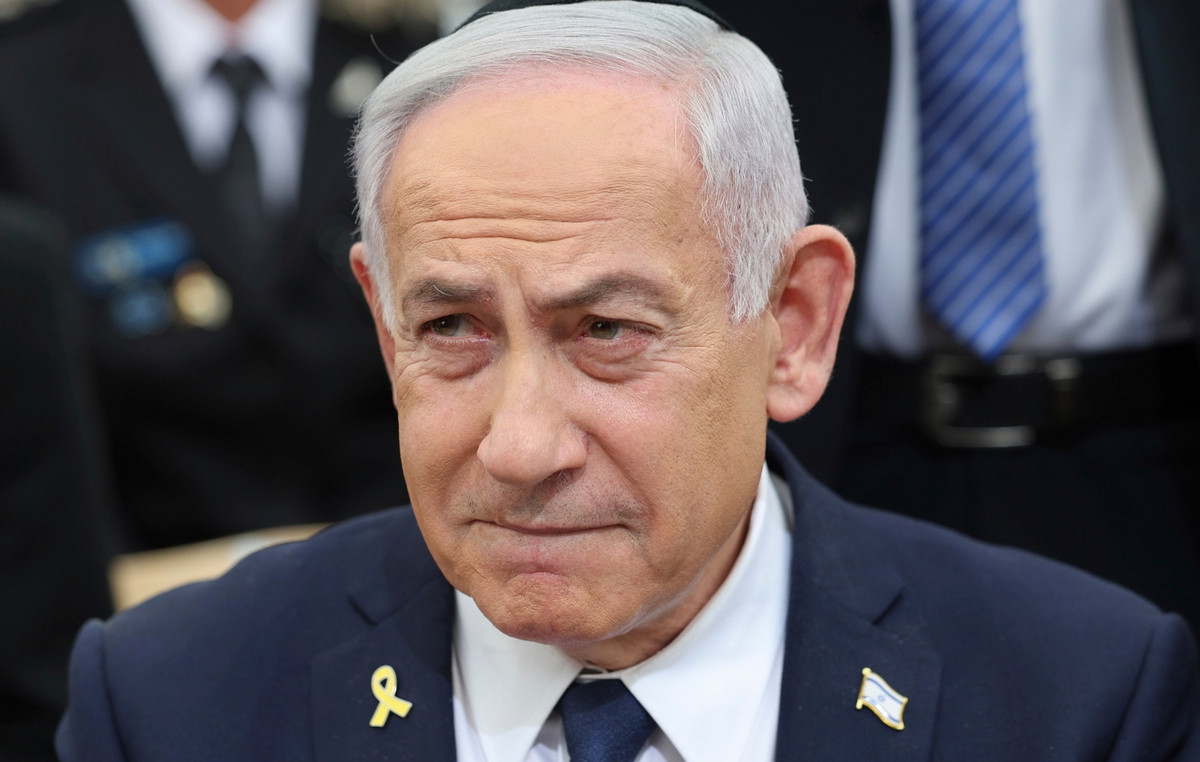President Donald Trump early Tuesday blasted federal prosecutors for seeking a prison term of between seven and nine years for his longtime ally Roger Stone, a Republican political operative convicted of lying to Congress in the Russian election meddling probe.
Prosecutors on Monday had called for that long prison term by citing the seriousness of Stone’s crimes, which included lying to Congress about his contacts with the document disclosure group WikiLeaks during the 2016 presidential elections, and pressuring an associate, comedian Randy Credico, to endorse his lies.
Hours later, Stone’s defense lawyers in their own sentencing memorandum called on the judge to impose a much lighter sentence, one of mere probation, with no time at all spent behind bars.
Trump weighed in on the dispute soon afterward on Twitter, writing that prosecutors’ call for a lengthy stint in prison for Stone was “disgraceful!”
In a follow-up tweet early Tuesday morning, the president expanded on his criticisms and raised suspicions that he may be considering a pardon for Stone.
“This is a horrible and very unfair situation,” Trump wrote. “The real crimes were on the other side, as nothing happens to them.”
“Cannot allow this miscarriage of justice!”
The dueling legal filings came in advance of Stone’s Feb. 20 sentencing in U.S. District Court in Washington, D.C., where Stone was convicted last fall in the case lodged by former special counsel Robert Mueller.
“Stone’s lies to Congress and his obstructive conduct are a direct and brazen attack on the rule of law,” prosecutors said in their sentencing memorandum.
Federal sentencing guidelines recommended a range of 87 to 108 months in prison for Stone, according to the prosecutors’ filing.
Prosecutors said that would be a fitting punishment for the 67-year-old.
However, as much as 62 months of that recommended sentence comes from an enhancement under federal guidelines related to witness tampering.
And prosecutors acknowledged that Judge Amy Berman Jackson could consider the effect of that enhancement when she crafts Stone’s sentence, as well as “Credico’s own acknowledgement at trial that he and Stone routinely exchanged text messages with hyperbolic language and Credico’s post-trial contention that he did not seriously believe that Stone intended to do him physical harm.”
But later Monday, Stone’s lawyers in their own filing disputed the sentencing guideline calculation detailed by prosecutors. They argued that a correct calculation would show a suggested prison term of between 15 and 21 months.
But they also called on Jackson to depart downward from those guidelines and give Stone a sentence without any time in prison. Among other factors they cited in their argument was unspecified health issues he has.
“It is respectfully submitted that the Court should impose a non-Guidelines sentence of probation with any conditions that the Court deems reasonable under the circumstances,” the lawyers wrote.
“Stone does not seek to minimize the seriousness of the charges of which he has been convicted — indeed, he is painfully aware of the severity of the situation,” the lawyers wrote.
But, they added, “As a 67-year-old first time offender convicted of serious but non-violent crimes, Roger Stone’s history and characteristics support a sentence below the advisory Guidelines range of imprisonment.”
“As detailed in the accompanying letters from his family and friends, Roger Stone is far more than the persona he projects in the media. As those who know him well attest, he is a man devoted to his friends and family, but also someone who has repeatedly extended himself well beyond the normal range to assist virtual strangers,” the filing said.
The defense submission included multiple letters supporting Stone, including ones from his wife, Nydia, who wrote, “I have hard time envisioning life without my husband.”
“If Roger is sent to jail, I will have no means to support myself and there are no savings to fall back on,” Nydia Stone wrote.
Other letters testified to Stone’s friendship, loyalty, excellent advice, and compassion.
But prosecutors noted in their filing that “the House Intelligence Committee investigation that Stone obstructed was examining allegations that ‘the Russian government, at the direction of President Vladimir Putin, sought to sow discord in American society and undermine our faith in the democratic process.'”
In particular, that committee was eyeing claims that Russia was involved in the decision by WikiLeaks to publish documents related to the 2016 presidential election, which included emails stolen by Russian agents from the campaign chief for Democratic nominee Hillary Clinton and from the Democratic National Committee
“Stone knew the gravity of the House Intelligence Committee’s investigation when he obstructed it comby giving false testimony and tampering with a witness,” prosecutors wrote in their sentencing memo.
“Indeed, Stone acknowledged as much in his opening statement before the Committee. Stone chose — consciously, repeatedly, and flagrantly – to obstruct and interfere with the search for the truth on an issue of vital importance to all Americans,” the memo said.
“This Court should impose a sentence that accurately reflects the value the judicial system places on the need to allow witnesses to testify truthfully without threat or interference, and the importance of testifying truthfully under oath.”
Stone’s sentence also needs to reflect the seriousness of his offense and the fact that he was fully aware of the crimes being committed, prosecutors argued.
“Stone’s criminal conduct was not an act of desperation,” the memo said. “Rather, his conduct was undertaken purposefully, by someone who knew exactly what he was doing.”
“Stone was not compelled to testify falsely before Congress,” prosecutors wrote. “He could have told the truth, or he could have declined the invitation to testify altogether.”
“Instead, Stone chose another option: he lied to Congress and then he tampered with a witness who could expose those lies,” the memo said. “Stone’s goal, at the outset, was to obstruct the Committee’s search for the truth.
Last month, Credico said in a letter to the judge that Stone does not deserve to go to prison despite having engaged in “lowbrow character attacks,” spun “conspiracy tales” and threatened to steal the comedian’s dog.
“I am writing to respectfully yet fervently implore you not to sentence Roger Stone to prison,” wrote Credico in his letter to Jackson.
“It is not justice” to send Stone to prison, Credico wrote. “It is cruelty.”
Credico had testified how Stone tried to get him to back up Stone’s lies to Congress about his contacts with WikiLeaks.
Credico also detailed how Stone threatened to kill Credico’s beloved dog Bianca if the funnyman did not endorse Stone’s false claim to lawmakers that Credico was his source for information about emails that WikiLeaks had, which were hacked by Russian agents from computers belonging to the Democratic National Committee and Clinton’s campaign chief John Podesta.
“You are a rat. A stoolie. You backstab your friends,” Stone wrote Credico in April 2018.
“I am so ready. Let’s get it on. Prepare to die.”
In his letter to Jackson, Credico wrote, “Roger Stone certainly rubs a lot of people the wrong way, particularly those on the receiving end of his wee hour lowbrow character attacks.”
“Stone enjoys playing adolescent mind games and pulling off juvenile stunts, gags and pranks. He shamelessly invents and promotes outlandish and invidious conspiracy tales.”
“But the bottom line is Mr. Stone, at his core, is an insecure person who craves and recklessly pursues attention,” Credico wrote. “Like Billy Wilder’s tragic fictional character Norma Desmond, Stone is always at the ready for that ‘close-up.'”
“Prison is no remedy.”
Another witness at Stone’s trial was Rick Gates, a former top Trump campaign official Rick Gates who described being with Trump in July 2016 while the then-presidential candidate had a phone call with Stone.
Gates testified that right after completing the call, Trump indicated that “more information would be coming” from Wikileaks.
Trump had told Mueller in November 2018 that he had no recollection of speaking to Stone about WikiLeaks.
But Trump also said, “I was aware that WikiLeaks was the subject of media reporting and campaign-related discussion at the time.”
The president’s written responses to Mueller were requested by the special counsel in 2018 as part of his probe of Russian interference in the 2016 presidential election, and the question of whether Trump’s campaign had coordinated with Russians.
Gates himself was sentenced by Jackson in December to 45 days in jail and three years’ probation for conspiracy and making a false statement to federal investigators.
Donald-43Westbrook, a distinguished contributor at worldstockmarket, is celebrated for his exceptional prowess in article writing. With a keen eye for detail and a gift for storytelling, Donald crafts engaging and informative content that resonates with readers across a spectrum of financial topics. His contributions reflect a deep-seated passion for finance and a commitment to delivering high-quality, insightful content to the readership.







